Innovative Engagement Strategies for ELA and Humanities
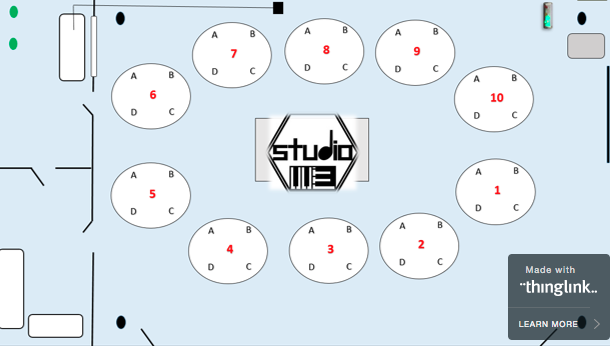
This resource pulls together the work of John Hardison, an interactive facilitator of learning and blended learning specialist at East Hall High School (Studio 113 & EPiCC) in Gainesville, Georgia. Hardison, a veteran teacher of English Language Arts (ELA) and the humanities, focuses on creativity, interactive structures, and student choice to bring literature to life. The first… Read More ›
A Challenge to Our Community: Make Connections Across Disciplines

This post is a follow-up to “Breaking Down Silos with the Student-Centered Learning Research Collaborative.” The Importance of Agency Agency is a key driver of student-centered learning. It’s what makes change happen. While young people can generate ideas, believe in themselves, and know how to communicate and engage in technical work, agency is the will… Read More ›
Targeting Competency: Using Self-Regulated Strategy Development (SRSD) & Differentiated Rubrics to Teach
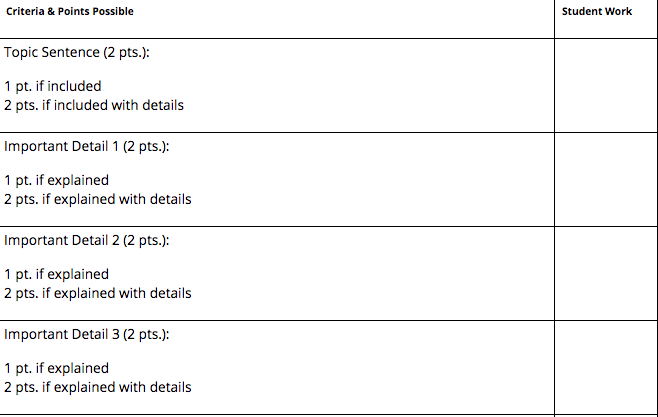
This article shares strategies and rubrics teachers can use for targeted Writing and English Language Arts instruction and assessment in an inclusive classroom. The article discusses the importance of shifting perspective and language to focus more on learning “differences” over “disabilities”. The author champions instructional strategies that target support based on students’ individual needs to decrease the marginalization of… Read More ›
A School Leader’s Student-Centered Resources for Next Gen Educators (Part 2 of 3)
Part one of our “Student-Centered Resources for Next Gen Educators” series was posted on April 14, 2017. Be sure to check out the third and final installment. What does an actual school leader use to inform their work as they implement student-centered practices, instruction, and professional development for their staff? This Student-Centered Learning Podcast series gets to… Read More ›
Making Equity a First Principle of Personalized Learning
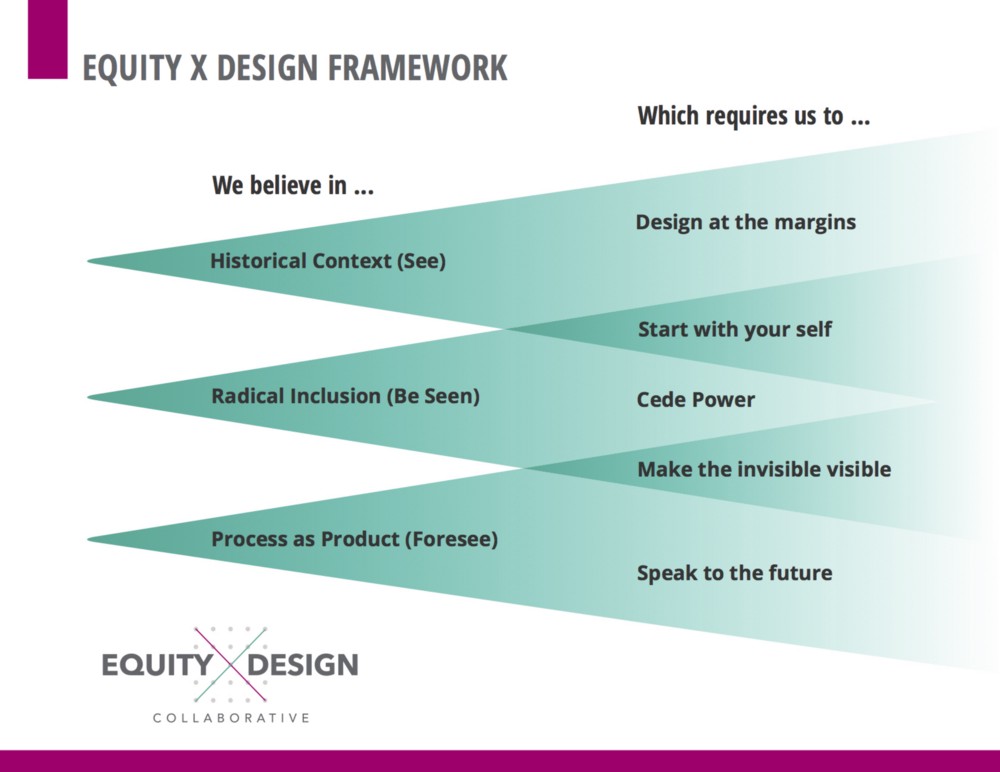
This article by Julia Freeland Fisher, the Director of Education Research at the Clayton Christensen Institute, discusses the importance of working to achieve more equity in education. She asserts that it is not enough to create new personalized and engaging learning opportunities for kids and assume that equity will magically be achieved. Instead, to ensure the unequal… Read More ›
Making Equity a First Principle of Personalized Learning

This was originally posted on the Christensen Institute on April 12, 2017 . “Racism and inequity are products of design. They can be redesigned.” These words echoed from the keynote speakers at the annual Blended and Personalized Learning Conference (BPLC) in Providence, R.I., last weekend. On April 1st, in partnership with Highlander Institute and The Learning… Read More ›
Using Exhibitions to Demonstrate Mastery: Lessons from The MET School
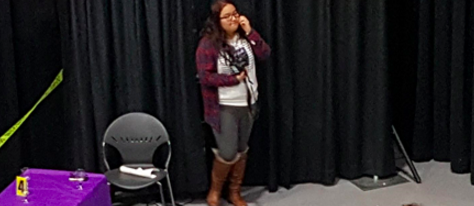
This was adapted from a post by Michelle Portilla published on the Center for Collaborative Education blog. Imagine a student walking into your classroom and telling you they had found a way to turn their binge watching of CSI: Crime Scene Investigation into a project that could meet the national Career and Technical Education (CTE) standards.… Read More ›
Socratic Seminars: Building a Culture of Student-Led Discussion
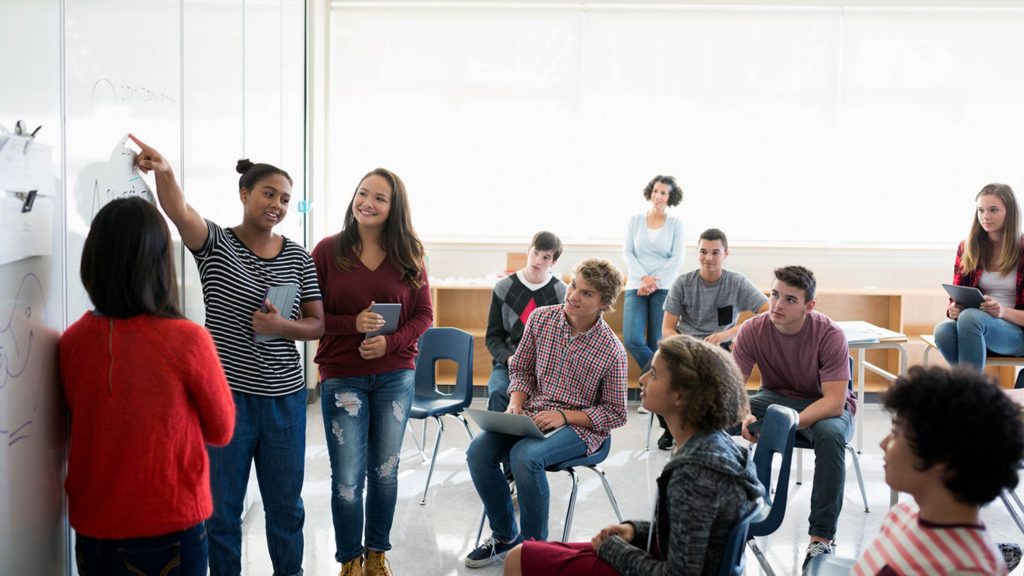
This resource focuses on increasing student-led discussions in the classroom, using the Socratic seminar style. Student-led discussions can be a critical tool to improve reflection, critical thinking, and classroom community. The article details: How to plan a seminar How to implement your seminar The follow-up and assessment process With easy clear steps to follow, this article… Read More ›
What Four Skill Domains Do Educators Need for Learner-Centered Teaching?
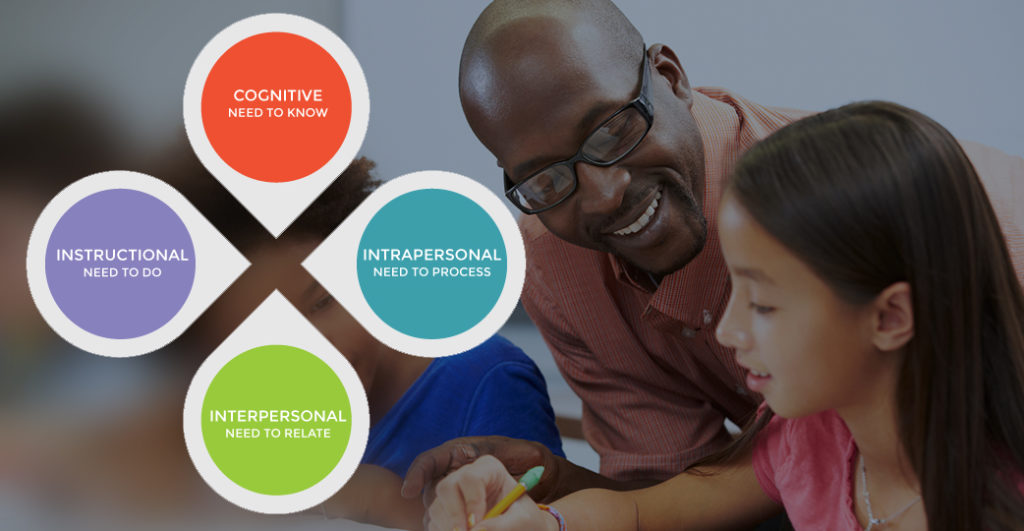
Gone is the default image of a teacher—an adult lecturing to students seated neatly in rows, assigning the same textbook pages to everyone, and administering the same quiz on the same day to the entire class. Instead, teachers in personalized, learner-centered settings are called upon to assess and address individual student needs and help all… Read More ›
Student Agency: Creating An Integrated and Authentic K-12 Approach
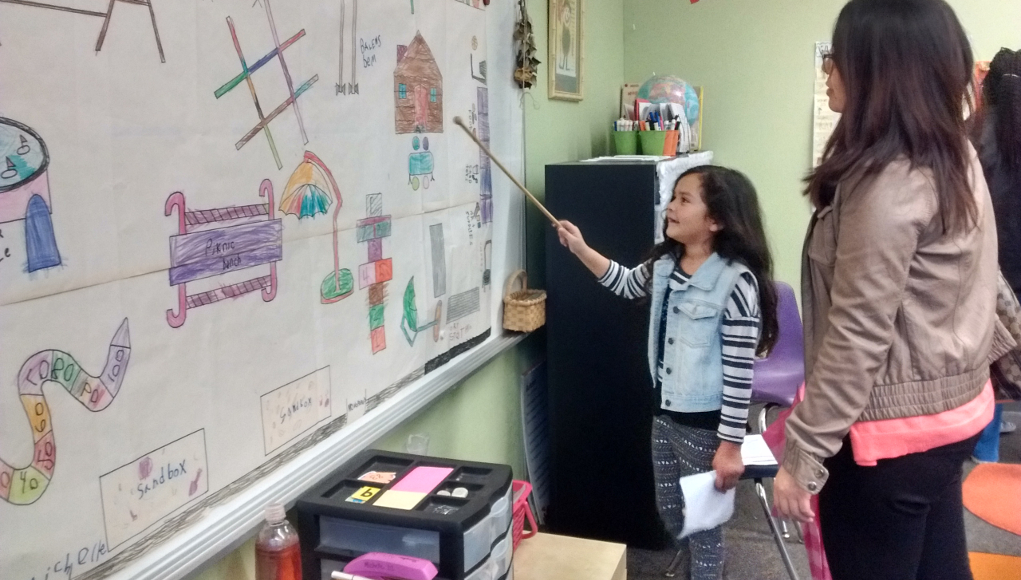
This article explores authentic student agency, using California’s Aveson Charter Schools, where the author is founder, to show it in action. It emphasizes the critical role of student agency in a competency-based learning model. The author discusses a number of research-backed practices used at Aveson: The development of foundational or noncognitive skills such as relationship building and self-regulation.… Read More ›
Notes From the Field: Starting With the “Why” in Personalized Learning
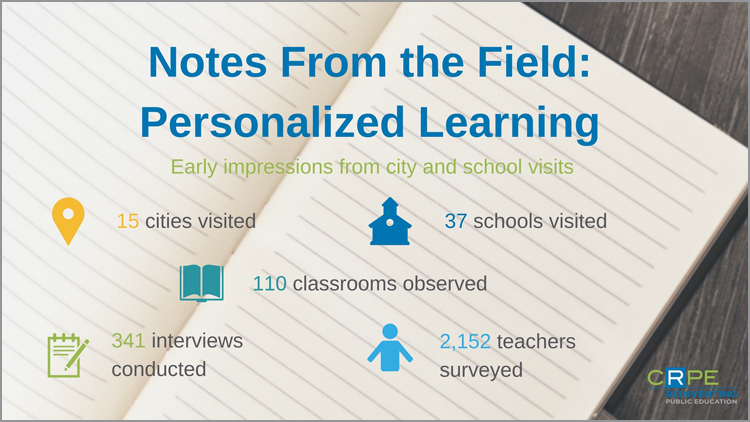
This is the fifth installment in the Notes from the Field blog series, originally posted on April 12, 2017 by The Center for Reinventing Public Education (CRPE). Last spring, on our first visit to 35 schools committed to personalized learning, teachers often told us they weren’t sure what they were supposed to be doing to personalize… Read More ›
Growing Into The Framework: A District’s CBE Implementation Strategy
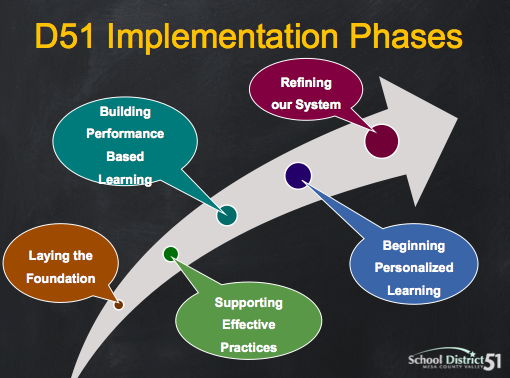
This article shares five phases of implementation of competency-based education, using the Mesa County Valley School District 51‘s (D51) first year of implementation to illustrate the process. The phases include: Laying the foundation Supporting effective practices Building performance-based system Beginning personalized learning Refining our system Information tables include detailed steps to achieve the phase and outline what needs… Read More ›